A Personal Story of Sacrifice
MIDDLETOWN – In the summer of 2024, Natasha Halbout, a retired nurse and artist from Middletown, volunteered at a hospital in Ukraine. There, she met Sasha, a young soldier who had been transferred through five hospitals after being wheelbarrowed from the frontlines.
Despite the severity of his injuries, Sasha refused help when Halbout offered to buy medicine to prevent blood clots. His pride wouldn’t allow it. In October, she received the devastating news—he had died of a blood clot.
A War That Continues to Demand Support
The war in Ukraine, which escalated in 2022 with Russia’s full-scale invasion, has left hospitals struggling with shortages of staff, supplies, and medicine. Some facilities have just one nurse for every 20 patients.
For Ukrainian Americans in New Jersey, the war is personal. They continue to send aid, organize fundraisers, and advocate for support.
“Almost every church, every organized community is still having fundraisers,” said Olena Lenczuk of Clifton. “We’re still advocating, helping as much as we can from here in the U.S.”
From shipping supplies to lobbying congressmen, the Ukrainian diaspora remains committed to Ukraine’s survival. Ed Skibicki of Upper Freehold, who has organized rallies in Washington, D.C., criticized U.S. politicians for discussing Ukraine’s future without involving its leaders.
Every Hospital is a Military Hospital
Halbout has taken multiple trips to Ukraine, bringing medicine, air pressure mattresses, crutches, and medical equipment.
“At first, I wanted to volunteer at a military hospital,” she said. “Then my friend told me, ‘There’s no such thing anymore. Every hospital is a military hospital now.’”
This grim reality has inspired her and her husband, David, to host a fundraiser at the Atlantic Highlands Arts Council on March 29. The event includes a hands-on pysanky (Ukrainian Easter egg) workshop, with proceeds funding medical aid.
What Ukrainians Need Most
Beyond weapons and medical supplies, Ukraine’s defenders require overlooked essentials. The Halbouts have donated fabric to help local Ukrainian grandmothers make camouflage nets to protect ambulances from drone attacks.
Lenczuk helped fund a project that converts railroad cars into mobile shower and laundry units for soldiers on the frontlines.
“It’s run on generators, so they can have a hot shower,” she explained.
The War’s Psychological Toll
While the physical devastation of war is visible, its mental scars run deep. Natalie Pawlenko, national president of the Ukrainian National Women’s League of America, emphasizes that the real work begins after the war.
“When you hear air raid sirens every single day, you’re not sure if you’ll make it to the next morning,” she said. “It’s very difficult to work on trauma, rehab, and resilience.”
Ukraine’s future will require extensive mental health support, as post-traumatic stress disorder and domestic violence rise due to the prolonged conflict.
“Trauma is an invisible wound,” Pawlenko said. “Buildings and hospitals can be rebuilt, but psychological scars last for generations.”
Fears for the Future
Skibicki expressed concern over shifting U.S. policies, particularly statements from former President Trump that appear to favor Russia.
“I just think it’s clear—supporting Ukraine now will save money and lives down the road,” he said. “If Ukraine falls, it’s only a matter of time before Russia comes back for more.”
Pawlenko echoed his concerns, stressing that Western democracies must not abandon Ukraine.
“What I’m hoping for is that democracies have not lost their moral compass,” she said. “The uncertainty is terrifying.”
Despite the hardships, supporters remain hopeful. As Halbout put it, “I try not to despair. But I’m very sad at how many lives are lost, and that we lose territory every day.”
Disclaimer – Our editorial team has thoroughly fact-checked this article to ensure its accuracy and eliminate any potential misinformation. We are dedicated to upholding the highest standards of integrity in our content.


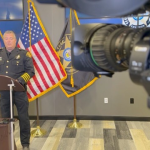


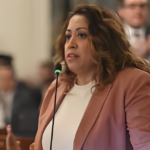




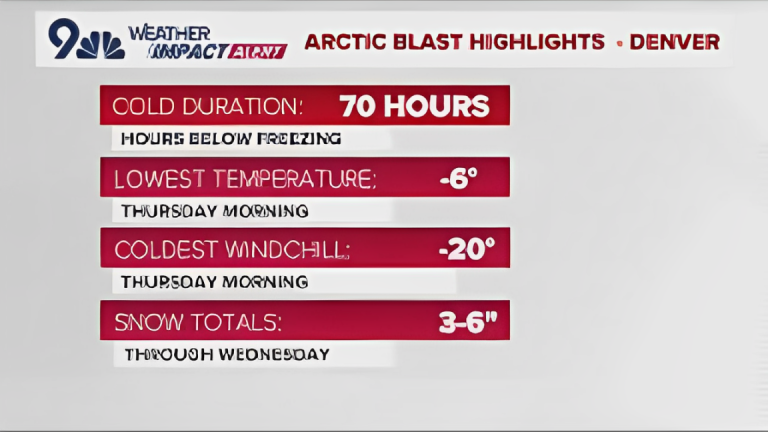
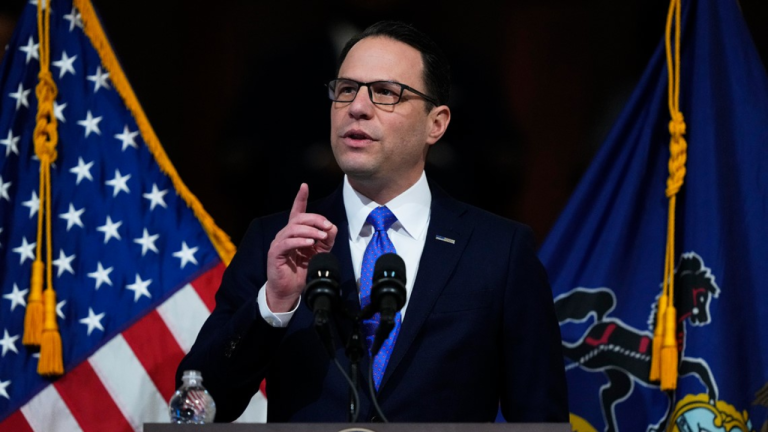
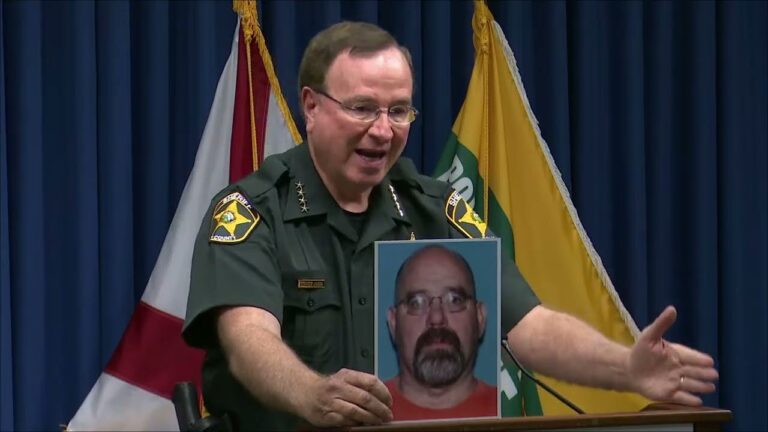





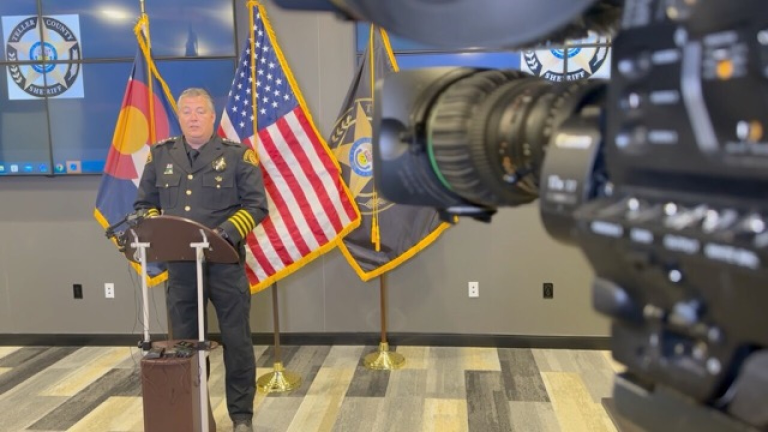
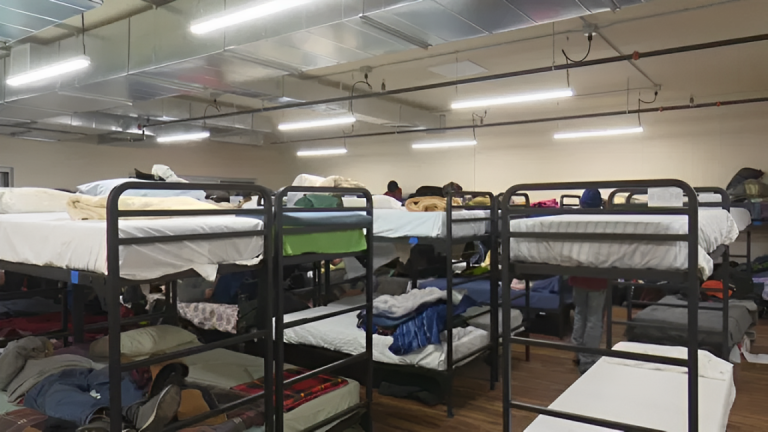





+ There are no comments
Add yours